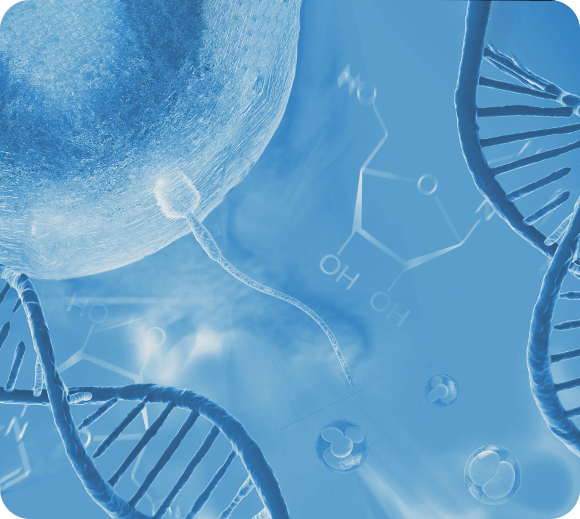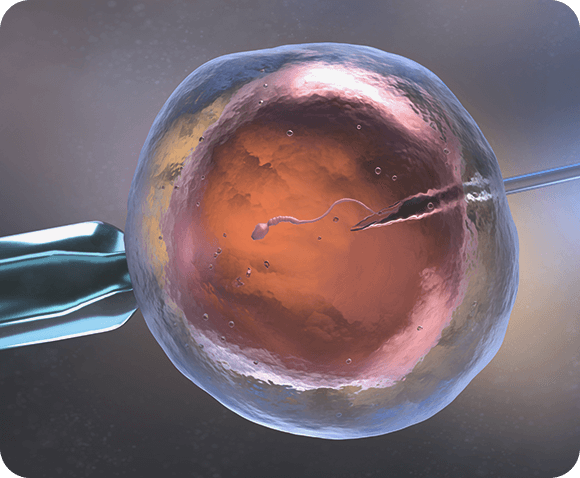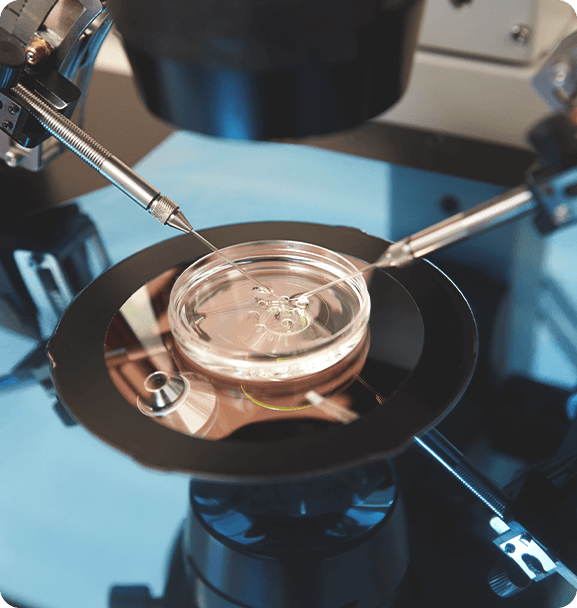Understanding Male Infertility
Male infertility is a significant factor in about 40% of infertility cases. When couples face challenges conceiving due to male factor infertility, IVF centers offer advanced diagnostic techniques and tailored treatment options to address these issues effectively. Here’s an in-depth exploration of the treatments available for male infertility in an IVF center: Male infertility can result from various factors affecting sperm production, sperm quality, or sperm transport.
Common causes include
Low Sperm Count (Oligospermia): Insufficient sperm production. Poor Sperm Motility (Asthenospermia): Reduced ability of sperm to swim effectively. Abnormal Sperm Morphology (Teratospermia): Sperm with structural abnormalities. Obstructive Azoospermia: Blockages that prevent sperm from being ejaculated. Non-Obstructive Azoospermia: Reduced or absent sperm production in the testes. Genetic Factors: Inherited conditions affecting sperm production or function.


